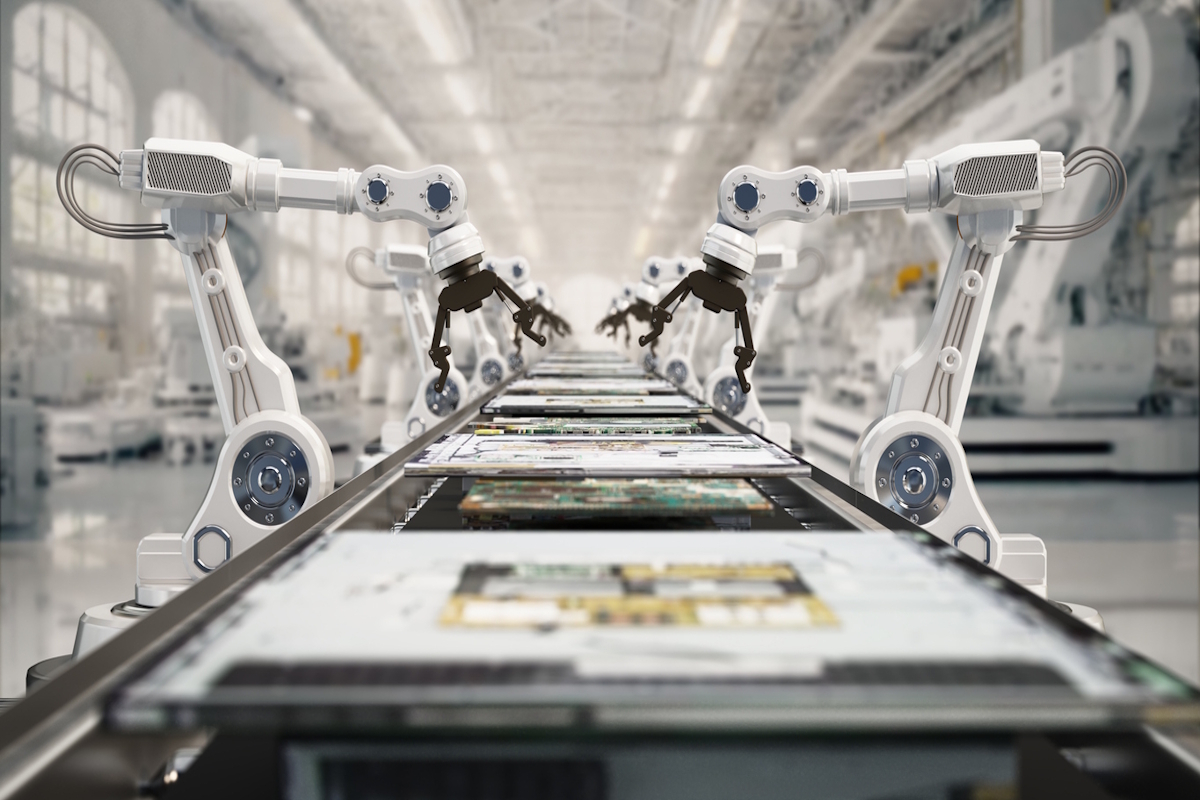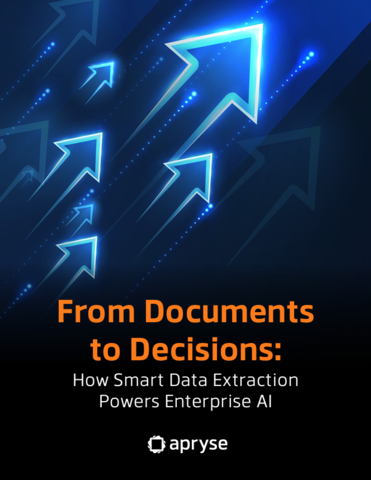From AI hype to factory floor

Manoj Chaudhary at Jitterbit shares insights on making AI work in modern manufacturing
When consumers think of manufacturing, they often picture finished products rolling off the assembly line. Manufacturing has long since evolved into something more intricate, with multiple production lines, specialist machinery, shifting demand, and extensive supply chains all producing vast quantities of data. Given these branching complexities, how can AI help streamline manufacturing and make the industry more efficient for businesses?
The rapid advancement of AI is transforming industries, workflows, and job roles across the globe. Manufacturing is no exception. From predictive maintenance to customised product designs, AI-powered solutions are driving greater efficiency, lowering costs, and boosting productivity on the factory floor.
A recent report from Jitterbit, revealed that 99% of enterprises have already adopted AI in their operations, with 31% planning to implement agentic AI. It is pervasive.
While generative AI has rapidly evolved from experimental use to a key driver of productivity across some consumer and business sectors, agentic AI is known for its goal-oriented, autonomous, and adaptive capabilities, and holds even more potential for the manufacturing industry.
Navigating barriers to transformation
As manufacturers grapple with escalating global risks, unstable tariff policies, and ongoing supply-chain disruptions, the imperative to innovate on efficiency has never been greater.
Leveraging advanced AI technologies with ease (such as through low-code / no-code interfaces) is rapidly becoming a strategic necessity. These solutions enable manufacturers to enhance agility, drive operational efficiency, and unlock new areas for growth in an increasingly competitive and unpredictable market.
Effective AI adoption requires a clear strategy, strong accountability, and seamless integration into everyday business operations. At the heart of manufacturing’s intricate systems lies an ever-growing mountain of data, where complex systems generate vast amounts of information ranging from product quality control, to the supply chain, to maintenance records of individual manufacturing components. Agentic AI can play a crucial role here, turning this data into actionable insights and operational excellence.
AI-driven agents and other advanced technologies like IoT and robotics have the potential to autonomously execute and optimise manufacturing processes. Recent industry data from Rockwell Automation showed 15% of UK firms felt AI delivered the highest return on investment of any technology in the past year. Rather than using AI to replace workers, UK manufacturers are deploying AI to enhance roles and address labour shortages, with 81% viewing AI as a key tool for workforce development.
Compliance blocks deployment
So what’s holding businesses back? Jitterbit’s report discovered AI-driven automation, regulatory compliance stood out as a leading concern. More than a third cited compliance as a significant barrier to fully deploying these technologies. This highlights the increasing friction between the fast-paced advancement of AI and the comparatively slower evolution of regulatory frameworks.
Automation has been fundamental to manufacturing for decades, but traditional systems — dependent on fixed, pre-programmed routines — often struggle to keep pace with shifting demands, changing materials, or evolving production needs.
Successfully scaling AI across the industry requires seamless data integration. However, traditional methods are struggling to keep pace with the speed and scale demanded by modern manufacturing’s IT landscapes, which is causing the industry to lag behind.
Unlocking autonomous manufacturing
The key is to target AI deployment where it can deliver the greatest value. By prioritising practical innovation over indiscriminate adoption, manufacturers can treat AI as a gradual evolution of their operations, rather than a disruptive overhaul to replacing an entire system.
This measured approach allows organisations to harness AI’s potential without original systems and processes being thrown overboard.
AI in manufacturing: from automation to Agentic AI
For many manufacturers, the next major milestone is agentic AI, which takes automation further to make real-time decisions. Low-code platforms can change the entire landscape for agentic AI, making advanced automation accessible to a broader range of users. By enabling people across the business to build and deploy AI-driven agents through intuitive interfaces or natural language, low-code empowers even non-technical staff to speed up processes, drive innovation, and deliver accountable results.
In supply-chain management, agentic AI-enabled systems can dynamically adjust inventory, predict potential disruptions, and optimise logistics, empowering manufacturers to react quickly and efficiently to changes in the market.
This is only possible when agentic AI is fully integrated, capable of accessing and interpreting data from the myriad relevant data sources. For instance, pulling from external weather data, and external customer relationship management and marketing data could help predict future demand.
The future of manufacturing
With nearly all enterprises already adopting AI and a significant portion moving toward more autonomous agentic AI, manufacturers must prioritise digital-first strategies, focusing on seamless data integration, democratisation and process automation to unlock AI’s full potential.
Doing so will require navigating the AI hype phase, to not only ensure success, but also to illustrate an ideal deployment of AI: augmenting modern manufacturing.
Manoj Chaudhary is CTO at Jitterbit
Main image courtesy of iStockPhoto.com and adventtr

Business Reporter Team
Most Viewed
Winston House, 3rd Floor, Units 306-309, 2-4 Dollis Park, London, N3 1HF
23-29 Hendon Lane, London, N3 1RT
020 8349 4363
© 2025, Lyonsdown Limited. Business Reporter® is a registered trademark of Lyonsdown Ltd. VAT registration number: 830519543





